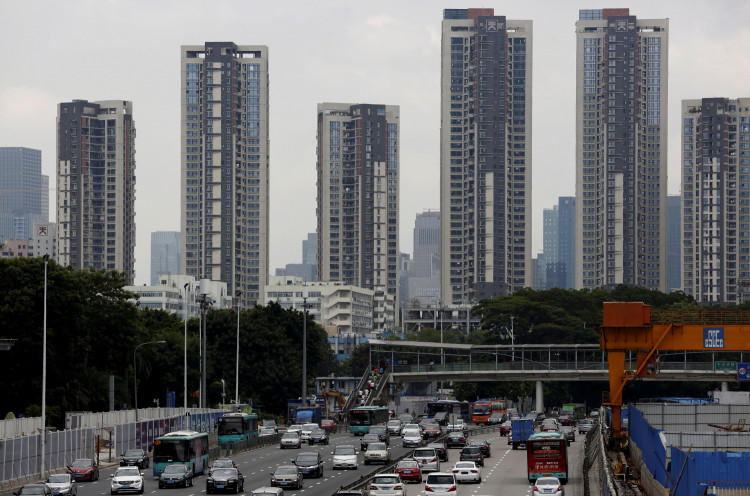The standard prices for cemetery plots in China have swelled by 41 percent within the past three years, averaging at $16,460 per square meter which is twice of what a consumer could pay for a home in China's top tier cities.
Data from Fu Shou Yuan International Group, which closed 6,214 graves in the first six months of 2018, said the average price per plot continues to rise at 7 percent year-on-year. The largest publicly traded operator of funeral facilities and burial plots said the price has swelled from the middle of 2015 and have continuously moved since then.
At its current pace, burial plot prices have outpaced the growth of home prices which are only moving at 23 percent according to Bloomberg, citing measurement from China's National Bureau of Statistics. Consumers would only have to pay an average of $8,200 to own an apartment in Shenzhen, a city that is located in China's most lustrous housing market.
Hao Hong, a chief strategist at Bocom International Holdings Co, explained to Bloomberg that swell in prices results from the limited supply of grave plots. He added that more people now were compelled to own flats in Shanghai where they can store their loved ones' cremated remains than spend on grave plots.
Yan Yuejin, a property analyst with China Real Estate Information Corp. in Shanghai, on the other hand, noted that rapid price hike may have resulted from the fact that grave plots are exempted from government regulators which were not the case with home prices.
In July, local governments in China implemented stricter property regulation on home prices to achieve a balance between demand and supply according to Liu Jianwei, a senior statistician with NBS. As much as 260 new home price policies were announced within the first seven months of this year to immediately address soaring housing prices and avoid asset bubbles. New policies include capping the initial sale price of new homes, with the government requiring developers to build housing that can be rented instead of a one-time purchase.
As a result of government measures, the growth of home prices was at 0.4 percentage points lower in July compared to a month ago, Xinhua reported, citing fresh data from China's NBS. Home prices in 31 second-tier cities were also at 0.1 percentage lower compared in June.
Property analysts encouraged more regulations from the government in the coming months so as to restrain home prices from swelling. Indeed, Cong Liang, spokesperson of the National Development and Reform Commission, said the government will soon roll out long-term strategies to sustain a balanced property market.






